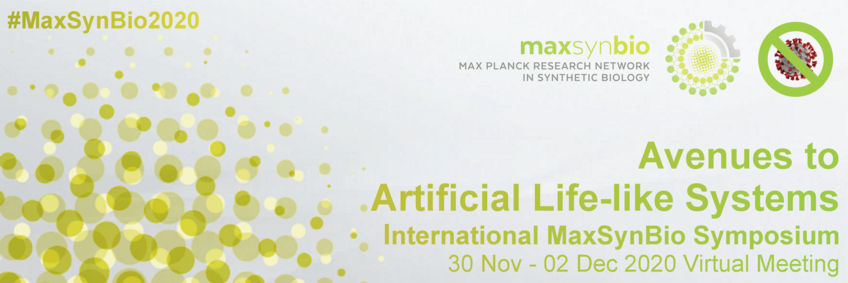
Jason Chin
University of Cambridge, United Kingdom
Guest Speaker

Jason Chin is a Programme Leader at the Medical Research Council Laboratory of Molecular Biology (MRC-LMB), where he is also a Head of the Centre for Chemical & Synthetic Biology (CCSB). He is a Professor of Chemistry and Chemical Biology at the University of Cambridge Department of Chemistry and a fellow and director of studies in Biochemistry at Trinity College, Cambridge. Jason was an undergraduate at Oxford, obtained his PhD as a Fulbright grantee from Yale, and was a Damon Runyon Fellow at Scripps. From July 2003 to early 2007 he was a tenure-track group leader at MRC-LMB. He became an EMBO Young Investigator in 2005 and a tenured group leader in 2007. He was awarded the Francis Crick Prize by the Royal Society in 2009 and the Royal Society of Chemistry’s Corday Morgan Prize in 2010. He was also awarded the European Molecular Biology Organization’s (EMBO) Gold Medal and elected to EMBO membership in 2010. He is the inaugural recipient (2011) of the Louis-Jeantet Young Investigator Career Award, in 2013 was elected to the European Inventor Hall of Fame and in 2016 was elected to Fellowship of the Academy of Medical Sciences.
MRC Laboratory of Molecular Biology at Cambridge University, United Kingdom
Keynote presentation: Reprogramming the Genetic Code
Session "Genetic Information" | Wednesday 2 Dec, 17:30 - 18:00 CET
Abstract: In terrestrial life, DNA is copied to messenger RNA, and the 64 triplet codons in messenger RNAs are decoded - in the process of translation - to synthesize proteins. Cellular protein translation provides the ultimate paradigm for the synthesis of long polymers of defined sequence and composition, but is commonly limited to polymerizing the 20 canonical amino acids. I will describe our progress on expanding the chemical scope of cellular translation to encode non-canonical amino acids into proteins, and our progress towards the encoded synthesis of non-canonical biopolymers. These advances i) underpin diverse approaches to address previously intractable problems in biological discovery, and ii) provide a foundation for the synthesis and evolution of diverse, sequence-defined polymers. Progress on encoded non-canonical biopolymer synthesis may underpin our ability to create a circular bioeconomy. To realize our goals we are re-imagining some of the most conserved features of the cell; we have created new ribosomes, new aminoacyl-tRNA synthetase/tRNA pairs, and organisms with entirely synthetic genomes in which we have re-written the genetic code.
